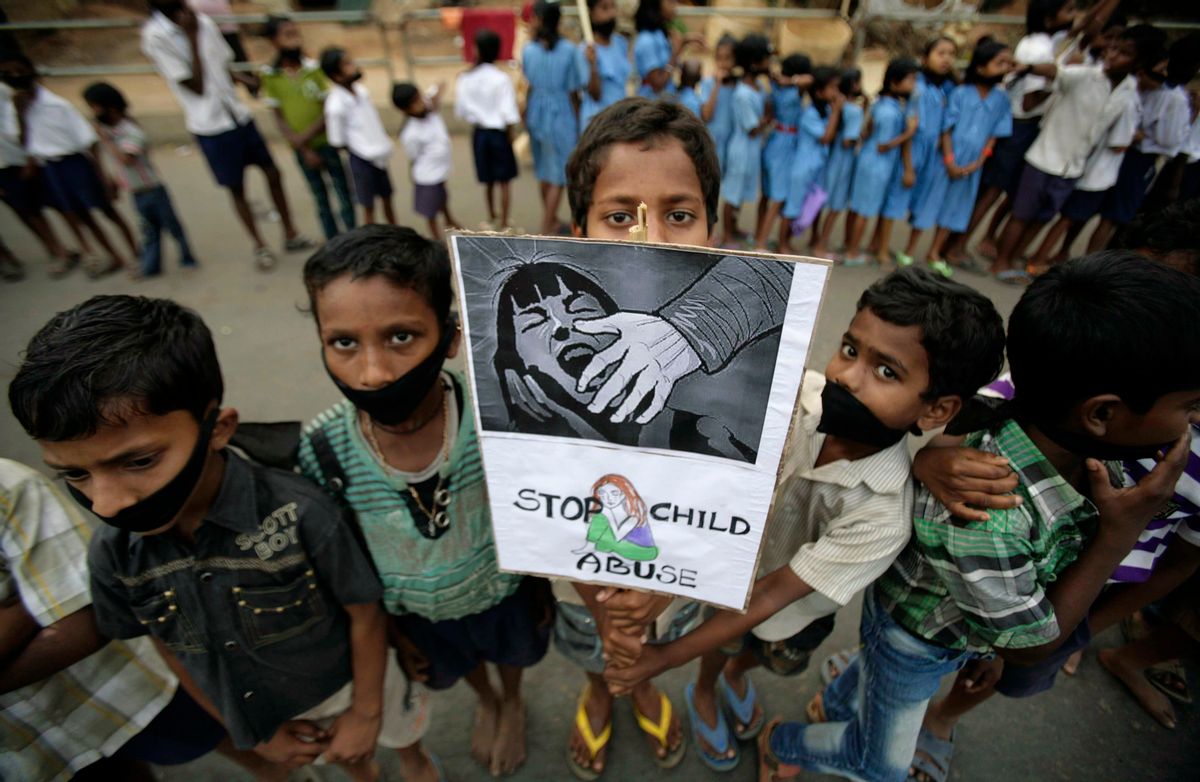
NEW DELHI, India — Across town from the district courthouse, employees of Ambedkar University’s Center for Community Knowledge argued about India’s most infamous trial.
“The defense lawyers are saying, ‘well, you know, she was out late,’” said Ranjani Prasad, 24, gesturing with her hands and clearly irritated.
Her co-worker, 26-year-old Anoushka Mathews, nodded thoughtfully and crossed her arms. “It might actually work,” she said. “The judge might listen to that.”
On trial are four of the six men accused of gang raping a young woman on a New Delhi bus in December, a crime that made headlines around the world and forced a typically uninterested Indian judicial system to take action.
One of the two not being tried is 17 years old and in juvenile court. The other is Ram Singh, the bus driver branded as the group’s ringleader. He was found hanging by a noose tied from prison clothes in his cell on March 11.
The victim, Jyoti Singh Pandey, 23, was brutally beaten, raped, tortured and then left for dead. She later succumbed to her injuries in a Singapore hospital.
The crime — and now the trial — has brought the issue of sexual violence into the public sphere in India like never before. Reacting to the public uproar, the government passed a law in March allowing the death penalty for repeat offenders or for rapes that led to a victim’s death, such as the Pandey case.
The case has for months been splashed across Indian newspapers and broadcasts, and has inspired news features on sexual assaults. The scene both inside and outside the courtroom is frenzied. Digital media have been barred, but print journalists wait outside to swarm lawyers, the accused and their families.
Manohar Lal Sharma, one of the defense lawyers, stops every time to feed quotes to the hungry press. He has become famous for his angry outbursts and controversial remarks, blaming the victim for the attack. Earlier this week, he stormed out of the courtroom, furious that authorities wanted to bring one of the defendants, who had been hospitalized with chest pains, back to court to stand trial.
“They have no sympathy for Mukesh,” Sharma complained to a group of journalists, referring to Mukesh Singh, the bus driver Ram’s brother.
Sharma, along with Singh’s parents, believe Ram’s death was murder, not suicide. They cite the injuries reported on his hands and the fact that he was under a suicide watch. He shared his cell with three other men, and it seems suspicious, the family says, that they all claim to have slept through his hanging.
Sharma said the police are now being irresponsible again, trying to yank Mukesh from his hospital bed to sit in a courtroom.
“One person they have murdered,” he told the gathered journalists, shaking his head, “and now they’re doing it to another one.”
Vijay Sansanwal, another defense lawyer, wrote off the possibility that Ram Singh was murdered. Ram had three children and a wife who left him after the details of the case came out, he said. He nodded, as if that explained everything.
The trial is on hold until the question of whether Mukesh is healthy enough to stand trial is resolved. In the meantime, speculation continues about how the case will ultimately unfold.
Among the Indian public, few feel any sympathy for any of the defendants. Though many support the government’s new law to impose the death penalty, some fear it could backfire.
Sagolsem Pavel Meitei and Priyanka Singh are master’s students in gender studies. They worry that implementing the death penalty or castration, another suggestion from the public, would make the conviction rate for sexual assaults plummet.
Pavel worries the men could be found not guilty because the burden of proof is so much higher in a trial that carries a sentence of capital punishment.
“Plus [the accused] have sympathy points,” Priyanka added. “They say, ‘look, one has already killed himself.’”
Priyanka doesn’t believe the men will be put to death. She thinks the case will be drawn out as political parties use it to garner popularity.
Pavel spoke rapidly and had to pause several times to gather his thoughts about Pandey's trial and the larger issue of sexual assault.
“It isn’t just about justice for her,” Pavel said. “It’s about changing how sexual assault is seen in India.”
Priyanka interrupted him, “This concept of women in distress, so passive and weak … it’s just pathetic. It doesn’t help in any way. It victimizes the women again.”



Shares